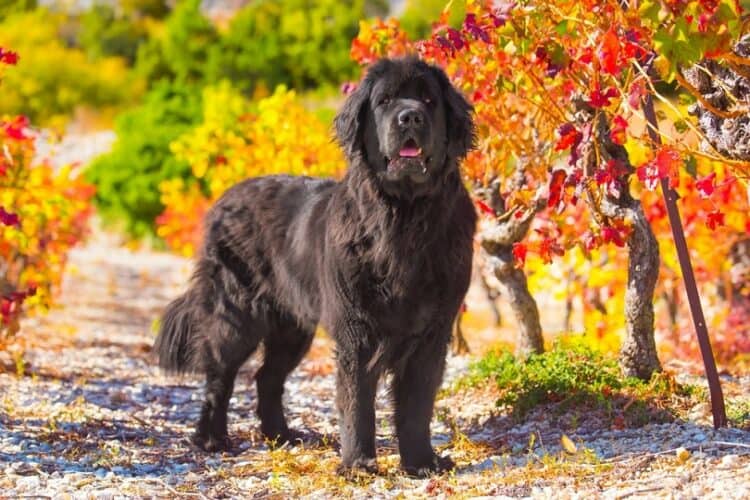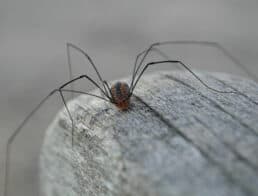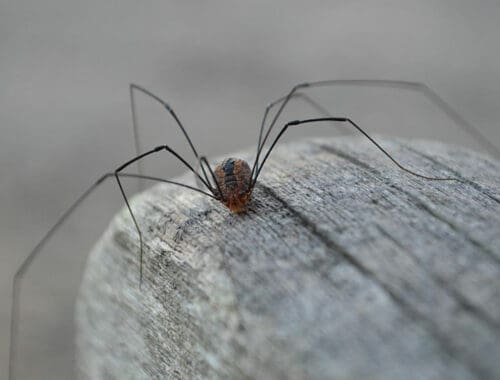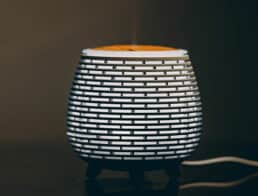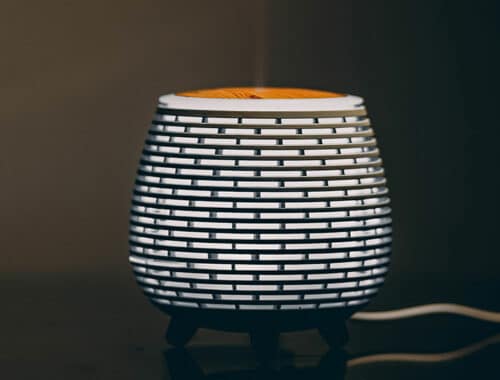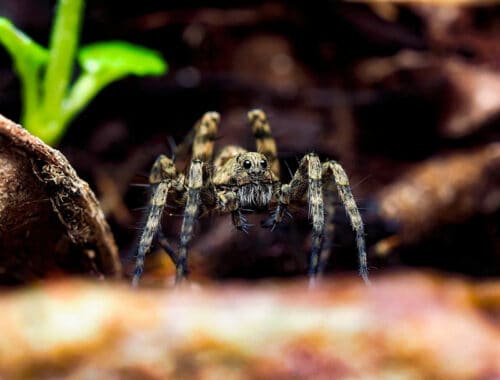If you’re looking for a gorgeous dog with a loyal and affectionate personality, the Newfoundland dog breed may be just what you’re looking for. However, if you’re looking for a hypoallergenic breed, this dog may not be the best option for an allergy sufferer.
Many dogs aren’t considered hypoallergenic, but it’s especially true for Newfoundland dogs due to their huge size and double coat, which will increase the number of allergens in your home. If their excessive shedding and release of dander weren’t bad enough, they’re also big droolers, so avoiding an allergy attack around these gentle giants may be close to impossible.
The Meaning Behind “Hypoallergenic”
Although many people believe “hypoallergenic” refers to something causing no allergic reaction in sufferers, this definition is incorrect. Instead, hypoallergenic refers to something having a smaller reaction or a below-average allergic reaction on sufferers.
We refer to certain dog breeds as being hypoallergenic because they tend to have a lower allergic effect on people. These breeds typically shed less and therefore release less dander around the home.
However, even if an allergy sufferer owned a hairless dog, they’d still experience a slight allergic reaction to them because it’s not the dog hair that people are allergic to but rather the dander that is on their hair. Sufferers are also affected by dog urine and saliva as they contain the same protein that is found in the dander. It’s this protein that a sufferer’s immune system sees as a threat and attacks, even though it is harmless to humans.
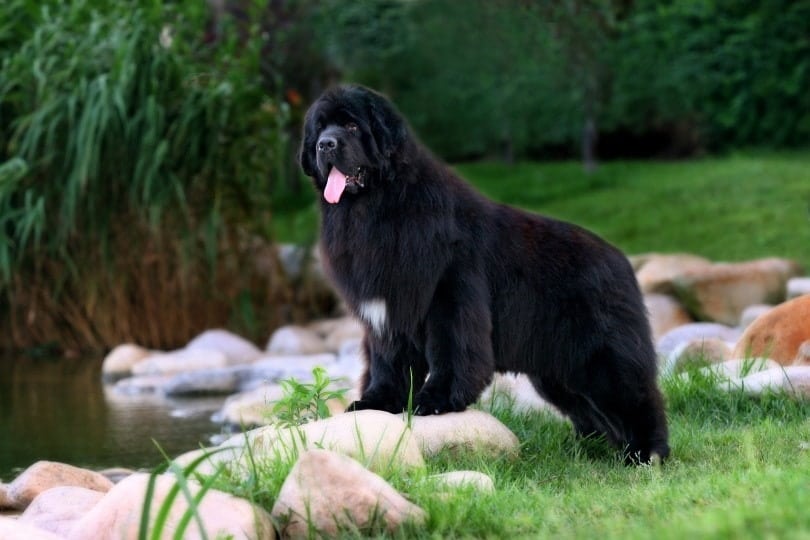
What Are the Best Dog Breeds for Allergy Sufferers?
As we mentioned above, no dog is 100% hypoallergenic and whether you should get a dog or avoid the risk depends on the severity of your allergies and your doctor’s medical advice. However, there are a couple of dog breeds that the AKC considers better suited for allergy sufferers instead of a Newfoundland breed.
Below are a variety of options from large to small breeds:
- American Hairless Terrier
- Affenpinscher
- Afghan Hound
- Bedlington Terrier
- Bichon Frise
- Coton de Tulear
- Chinese Crested
- Kerry Blue Terrier
- Irish Water Spaniel
- Giant Schnauzer
- Poodle
The Worst Dog Breeds for Allergy Sufferers
Now that you’re aware of some of the best dog breeds for allergy sufferers, we’re going to discuss some of the breeds to avoid, as bringing them home may cause discomfort to an allergy sufferer.
- Alaskan Malamute: These beautiful dogs completely shed their coats twice a year, which means that a lot of dander will be released in their home.
- Akitas and American Eskimos: Although wonderful dog breeds, they shed throughout the year.
- Basset Hounds: Although they don’t have long, fluffy coats, they produce a lot of dander and shed all year round.
- Boxers and Bloodhounds: Although these breeds don’t have a long coat, that’s not the worry for this breed as their drool is the biggest culprit. They drool a lot which is a problem for allergy sufferers.
- Dachshunds and Pugs: These small breeds are prone to skin sensitivities which can increase their amount of dander.
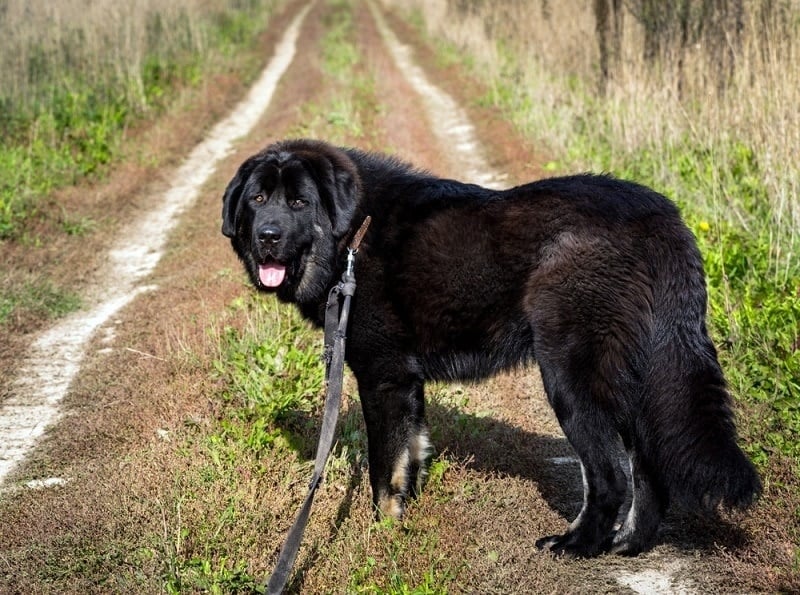
Reducing Allergens in Your Home
If you already have a Newfoundland dog or another dog that leaves you wheezing, sneezing, and with irritated eyes, there are several steps to take to reduce the level of allergens in your home. You’ll need to put in a lot of effort, but it’ll be worth it at the end of the day.
No-Go Zones
Yes, your home is also your dog’s home, but setting boundaries in place is necessary. It’s vital to keep certain areas of your house allergen-free. Your bedroom and office are two rooms that you’ll spend a lot of time in. It’s important to get good sleep at night and not have to wake up with bouts of sneezes. It’s also just as important to stay focused and uninterrupted during work times.
You can train your dog to avoid your bedroom and office, or you can place a pet safety door in the doorway.
Groom Your Dog Often
Frequently brushing through your dog’s coat will rid them of loose hair that can fall around your home. Giving them regular baths will also remove their dead skin flakes and reduce allergens in your home.
Get Air Cleaner
Place several air cleaners with HEPA filters around your home, especially in the rooms you spend most of your time in. These filters will trap the allergens and clean the air.
Final Thoughts
Newfoundland dogs aren’t hypoallergenic. Their large bodies and thick coats produce a lot of dander, and they’re known to be big droolers, which is another factor that makes them a threat to allergy sufferers. However, there are many other breeds that may be better suited for an allergy sufferer’s home.
Featured Image Credit: Shutterstock
